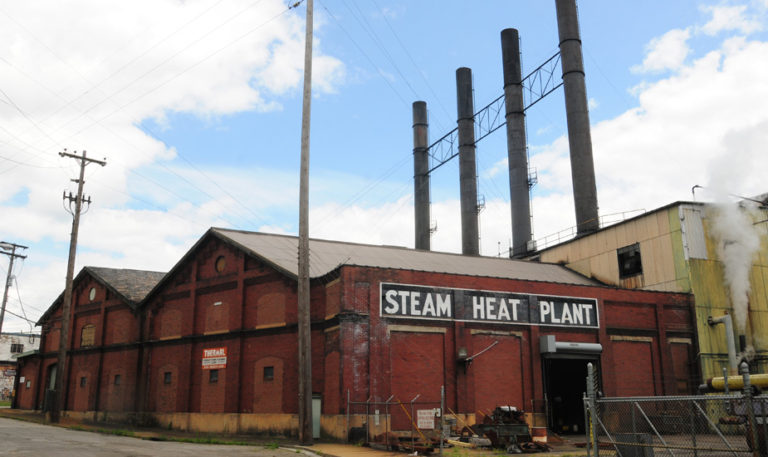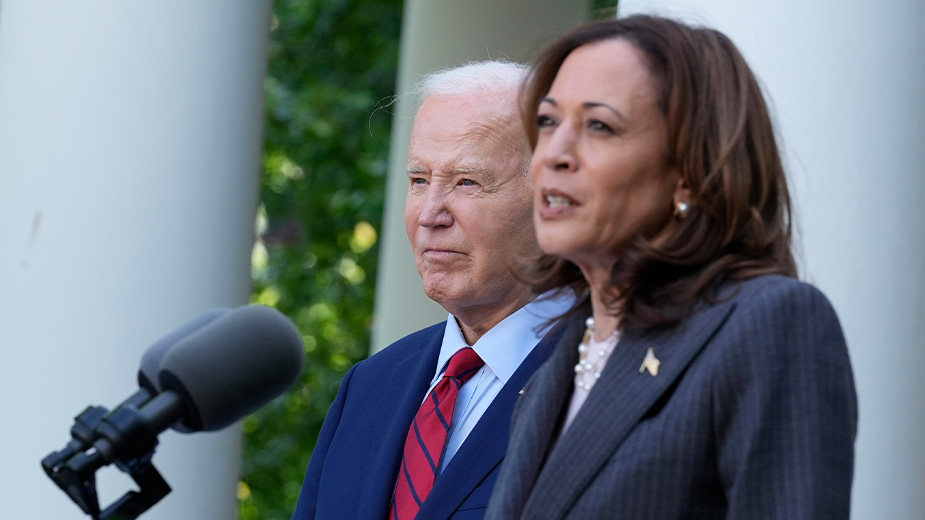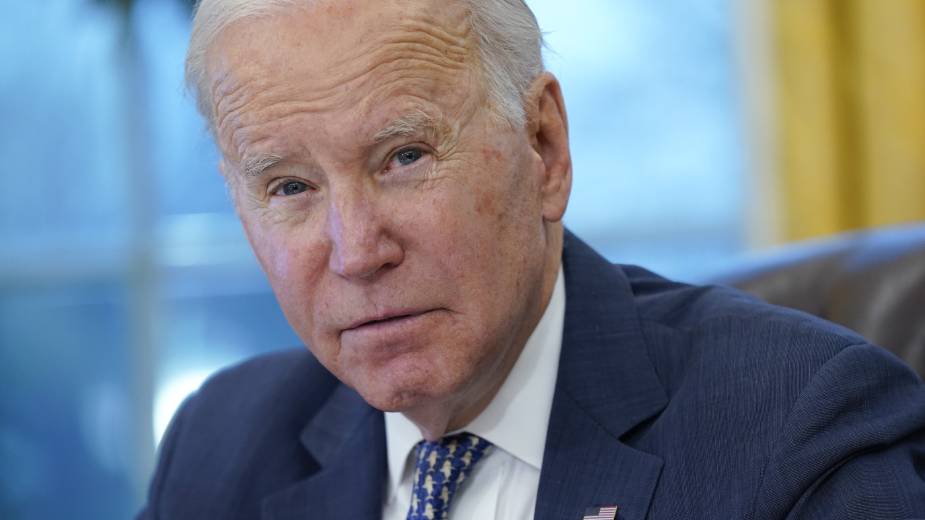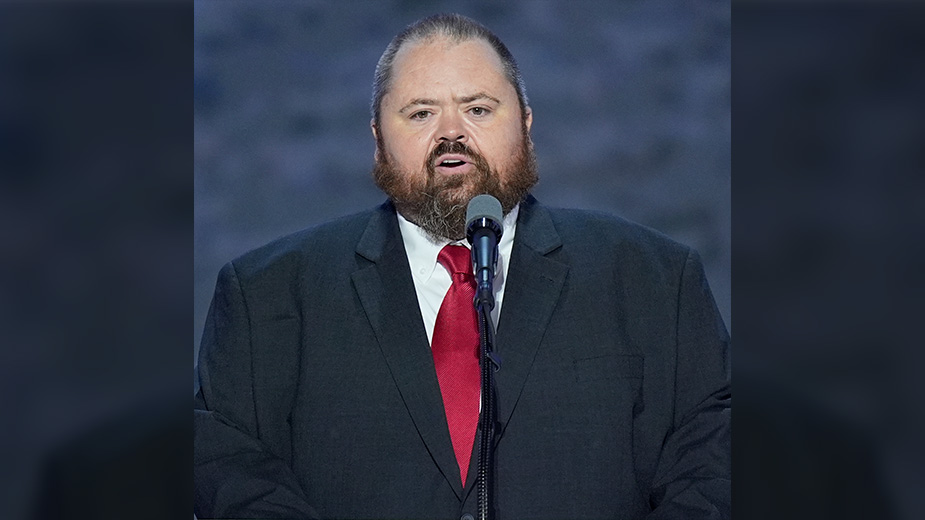City Skeptical About Taking Over Youngstown Thermal
YOUNGSTOWN, Ohio – Officials expressed skepticism over a proposal floated by the court-appointed receiver of Youngstown Thermal LLC that would have the city assume ownership and operation of the downtown district heating provider.
“This is a utility, and would be an added responsibility to the city,” Mayor Jamael Tito Brown told Reg Martin, the receiver. “We’ve never done this before. If it’s so good, why haven’t we seen any other organization come in that does this for a living?”
Martin met with city officials Wednesday evening during a meeting of City Council’s Public Utilities Committee where he provided updates on the progress of Youngstown Thermal and prospects for its future.
Youngstown Thermal is a district steam heat utility that serves 36 customers in the downtown district. It also provides chilled water-cooling services to three customers.
The utility fell under hard times last year when it started to bleed cash after its largest customer, Youngstown State University, left the system. Unable to pay its bills, the company was forced into receivership.
Since then, Youngstown Thermal has turned a $1.8 million deficit into what will be a small profit this year, just $2,500, Martin told committee members and customers who attended the meeting.
Moreover, Martin expressed optimism that should the city take over Youngstown Thermal, and the utility secures grant money to construct a new pipeline, he’s “100% sure” that Mercy Health St. Elizabeth Youngstown Hospital would come on board as a customer. This would add another $250,000 to $500,000 in revenue to the business, about what YSU was paying when it was a customer.
“If St. Elizabeth sees that the city has it, we feel that it would enhance the city by $250,000 to $500,000, and then go on to decrease rates to its constituents,” Martin said.
Youngstown Thermal representatives have engaged in several conversations with St. E’s, and have allayed one of the hospital’s concerns regarding service redundancy. Last month, the utility signed a reciprocity agreement with YSU that provides backup service from YSU’s new boiler system should it be required.
He pointed to other utilities operated by the city, such as the water and wastewater departments. Martin noted that other municipalities such as Akron have ownership of their heating system.
Instead of managing a losing business, the plant would generate revenue much like the water department, Martin said. This would encourage other customers to jump onto the system and further reduce rates, thereby retaining businesses downtown.
To sweeten the deal, Canada-based Ensys Fuels Inc. has said it would build a $120 million biofuels plant in Youngstown should the city assume the operations of Youngstown Thermal.
“It would produce about 20 million gallons of biofuel per year,” said Lee Torrens, president of Ensyn Fuels. The company converts wood waste into fuel, and Youngstown Thermal is among its customers in the United States. The new plant could create between 200 and 250 jobs, he said.
Martin said that Youngstown Thermal has saved about $1 million over the last year by using green wood waste fuel instead of natural gas or coal to heat its boilers.
Still, city officials remained unconvinced that assuming the operations of Youngstown Thermal is the answer. “We’re facing a deficit in our general fund,” Brown said. “We don’t want this. This should have been Plan ‘D’ not Plan ‘A,’” he said.
Martin said that the company has shopped for a buyer for more than a year to no avail, including an effort to run it as a not-for-profit entity. One firm expressed interest in managing the system, but that would have led to increased rates that some smaller customers could not bear.
Private interests expect a profit, and they would pass higher costs on to customers, whereas the city could operate at a break-even level and support lower rates for users, Martin said. The city, he noted, is a not-for-profit entity, and businesses could benefit as a result.
“If the city doesn’t want to help the businesses in this community, you don’t have to take it over,” Martin said. “But the strength of you behind it gives comfort to those businesses that they can expand.”
Brown appeared irritated at the inference that the city doesn’t support business because it refuses to take ownership and responsibility of a downtown utility. “I want to help our businesses, but I don’t want to do it at a cost we can’t afford. I’m right on this one — you’re not going to pawn this off on the city,” he said.
Martin responded that the plant is operating well and is in good condition, and there are no additional costs that need to be addressed at the moment. He did concede there might be emergency situations – such as a chiller failure this summer that was triggered by a power outage at Ohio Edison – where additional costs could be incurred. Those instances have been few.
Fourth Ward Councilman Mike Ray, committee chairman, advanced the idea of the possibility of forming a co-op that could manage the operations. “Then, you’re spreading the risk across that and the burden’s not on the back of the city,” he said.
Martin said that the system as it stands is already structured as a cooperative, since customers now pay a billing rate based on the percentage of what they use.
But Youngstown’s finances are already strained, and it’s unlikely the city could take on the responsibility of managing a downtown district heating and cooling utility, said Kyle Miasek, deputy finance director.
New regulations issued by the U.S. Environmental Protection Agency mandate that the city address $164 million worth of upgrades to its wastewater treatment system, a cost that could possibly be passed on to residents. The city has bonded $80 million thus far for the project.
“We’re trying to address balancing a budget, while also at the same time trying to provide services to the community without burdening them,” he said. “You’re asking us to taking on a new utility that needs infrastructure improvements.”
Yet Martin emphasized that the utility cannot stay in receivership indefinitely, and should rates rise, more customers will leave, causing rates to increase even more for smaller businesses downtown.
Barb Ewing, CEO of the Youngstown Business Incubator, told the committee that it would cost the organization about $1 million just to leave the system and convert to another source of heating and cooling.
“There are no easy choices,” she said. “But, there is a cost to the city not to do this.”
Aug. 1, 2018:
Youngstown Thermal Not Out of Steam. Not Yet
Copyright 2024 The Business Journal, Youngstown, Ohio.



